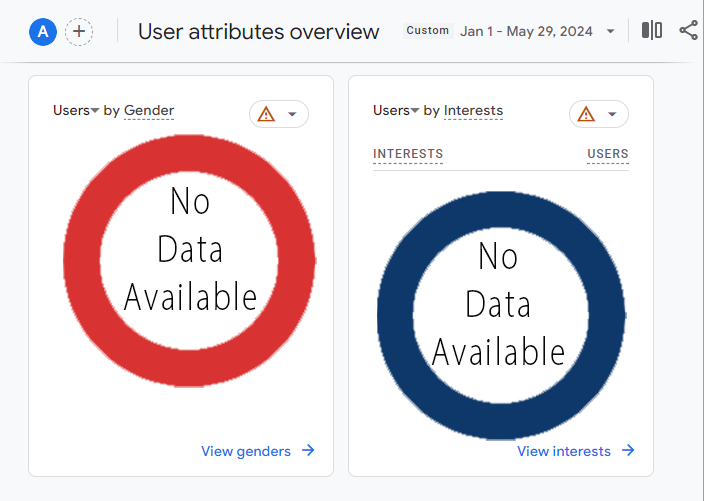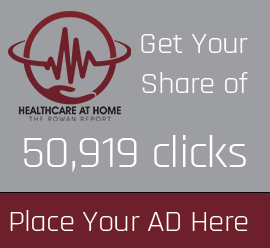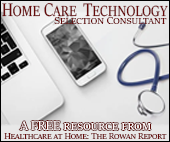by Kristin Rowan, Editor
Access to Information: Pro & Con
The advent of social media has allowed millions upon millions of users worldwide to connect with distant friends and family, meet new people, and share information among followers. From Six Degrees in 1997 to BlueSky in 2023, social media has evolved over time. Some say social media has brought us closer together and created more opportunities for small business marketing and branding. Others argue it has replaced human interaction and created overuse of mobile devices, addictions to “likes”, and a host of fake news and propaganda. Whatever your particular outlook on social media, it’s probably here to stay.

Having a profile on a social media platform (or several as most people have), allows friends, family, and colleagues to connect quickly and easily. This easy access to user information can be great for social networking and branding. Recently, however, the social media platforms have started gathering the information from your profile to enhance the paid marketing campaigns you see in “Sponsored” posts. If you’ve never noticed it before, pay attention to how often a sponsored post appears on your social media feed that happens to match a recent browser search, email, or, scarily enough, conversation, you are part of.
Social Media Access to Outside Information

We’ve all seen the warning pop-ups on websites that read “This site uses cookies.” Cookies store your browser information and history, page visits, keyword searches, and other information. This information is accessible to other websites. This is why Amazon sends you an email for sale items you recently searched for, even if you didn’t search on Amazon. Most of us know we have the option to allow only necessary cookies and to opt out of everything else. However, most people rarely take this extra step. Rather than selecting from a list of allowable cookies, the default action is to “allow all.” We are just one click away from continuing our browsing, reading, or shopping.
PHI Information Accessed by Social Media
We accept that when we allow cookies, our information will be shared. However, when you share personal information with your doctor, you assume that information is not subject to the cookie preferences, even if the information is uploaded digitally. The federal Health Insurance Portability and Accountability Act (HIPAA), in fact, requires that this information not be shared. Ron Prosky that the Palm Beach Health Network, the largest health care network in Palm Beach County, Florida, did just that. Palm Beach Health Network allegedly used Meta’s pixel code in their website, allowing Facebook to target patients with personalized ads based on their medical condition and other sensitive information.
Similar lawsuits alleged the same action against Atrium Health in North Carolina and against Kaiser Permanente, both in April of 2024. Kaiser Permanente claimed an “accidental breach” after knowingly using website trackers from Microsoft, Meta, and Google. Kaiser alleged they were unaware that the website trackers would send private information. Website trackers gather information that includes the user’s name and IP address. This information does not necessarily violate HIPAA laws. However, because the “cookies” attach to the IP address, they follow the user around the web. This makes it fairly easy for the data to infer a diagnosis or illness and use that to market to patients.
A Word of Caution for Agencies Using Tracking Data
If your website is set up to track users through partner codes from Google Analytics, Facebook Pixel, or any other tech provider, you may be inadvertently sharing protected patient data with any of these companies.
If you are tracking landing page and link clicks through Google Analytics, you may be sharing sensitive data. Here is an easy to follow article to prevent sharing Personally Identifiable Information (PII).

A Word of Caution for all Social Media and Internet Users

The digital world is one in which we all live. Whether you are engaging with social media content, shopping in an app, or browsing online, protect your personal information.
Opt out of cookies whenever possible. If it’s not possible, limit access to only necessary cookies and don’t allow your information to be sold. Only use websites that are secure. Delete your browser history or use incognito mode as often as possible.
# # #


Kristin Rowan has been working at Healthcare at Home: The Rowan Report since 2008. She has a master’s degree in business administration and marketing and runs Girard Marketing Group, a multi-faceted boutique marketing firm specializing in event planning, sales, and marketing strategy. She has recently taken on the role of Editor of The Rowan Report and will add her voice to current Home Care topics as well as marketing tips for home care agencies. Connect with Kristin directly kristin@girardmarketinggroup.com or www.girardmarketinggroup.com
©2024 by The Rowan Report, Peoria, AZ. All rights reserved. This article originally appeared in Healthcare at Home: The Rowan Report. One copy may be printed for personal use: further reproduction by permission only. editor@therowanreport.com






